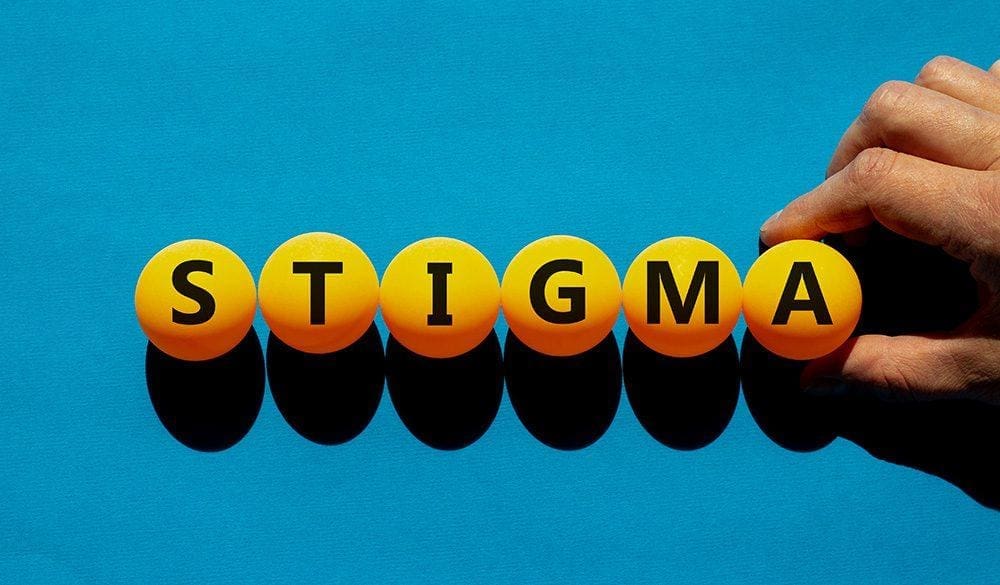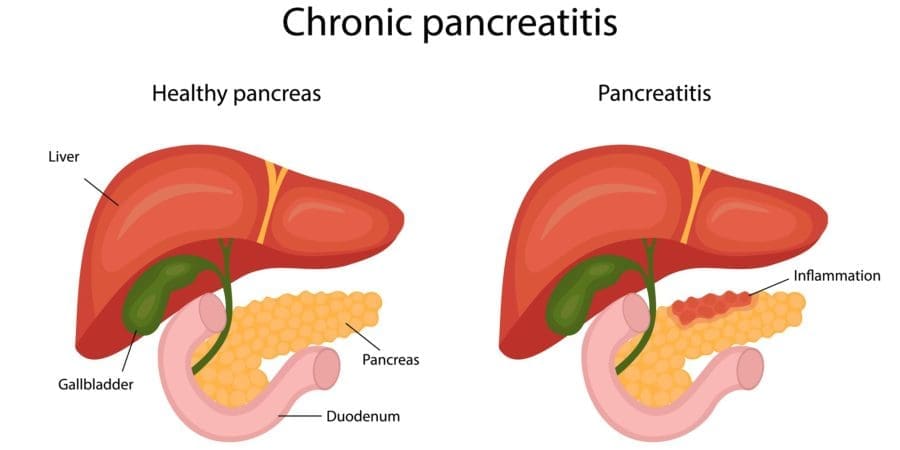Breaking Down Barriers: Understanding Mental Health Stigma
Introduction: Mental health stigma is a pervasive issue that can prevent individuals from seeking help, accessing treatment, and living their lives without fear of judgment. In this guide, we’ll delve into the concept of mental health stigma, its effects on individuals and society, and the importance of breaking down these barriers.

1. What Is Stigma? Stigma refers to negative beliefs, attitudes, and stereotypes that society holds about a particular group. In the context of mental health, it involves prejudiced views and discriminatory behaviors towards individuals dealing with mental health challenges.
2. Myths and Misconceptions: Stigma often arises from misconceptions and myths about mental health. Common misunderstandings include believing that mental health issues are a sign of weakness or that individuals can simply “snap out” of them.
3. Impact on Individuals: Mental health stigma can cause individuals to feel shame, isolation, and reluctance to seek help. They may hide their struggles due to the fear of being judged, which can exacerbate their conditions.
4. Delayed Treatment: Stigma can lead to delays in seeking treatment. When individuals avoid seeking help, their conditions may worsen, making recovery more challenging and affecting their overall well-being.
5. Effect on Relationships: Stigma can strain relationships, as individuals with mental health challenges may face rejection, lack of understanding, or isolation from friends, family, and peers.
6. Workplace Challenges: Stigma in the workplace can lead to discrimination and hinder career growth. Employees might fear discussing their mental health challenges with employers due to concerns about potential repercussions.
7. Cultural and Gender Stigma: Stigma can vary across cultures and genders. Some cultural beliefs might amplify stigma, while gender-related stigma can discourage men from seeking help due to societal expectations.
8. Media Influence: Media portrayal of mental health can perpetuate stereotypes and contribute to stigma. Accurate and empathetic representation is essential to challenge these misconceptions.
9. Importance of Awareness: Raising awareness about mental health and its prevalence helps challenge stigmatizing beliefs. Educating the public can foster empathy, understanding, and acceptance.
10. Role of Language: Language plays a crucial role in shaping perceptions. Using person-centered language that separates the person from their condition reduces the stigmatization of mental health challenges.
11. Challenging Stereotypes: Promoting stories of individuals who have successfully managed mental health challenges challenges stereotypes and inspires others to seek help without fear.
12. Seeking Support: Supporting individuals with mental health challenges and encouraging open conversations about mental health can contribute to reducing stigma. By being empathetic and nonjudgmental, you create a safe space for discussion.
Conclusion: Understanding mental health stigma is the first step toward dismantling it. By challenging misconceptions, fostering empathy, and advocating for mental health awareness, we can create a more inclusive society where individuals can seek help without fear of judgment. It’s a collective effort to break down these barriers, support one another, and prioritize the mental well-being of all.
How Ridgeview Hospital Can Help
When you enroll at Ridgeview Hospital, you are taught techniques that can be applied even after you’ve left. With that being said, emotional sobriety starts when individuals receive dual diagnosis treatment for both their addiction and any coexisting mental health disorder.
If you have a dual diagnosis, co-occurring substance use treatment is one of the most effective treatment programs you can partake in. While participating in this program, you will learn ways to treat the symptoms of your addiction and psychiatric illness through a combination of methods.
Our co-occurring substance use treatment options include:
- Cognitive behavioral therapy
- Group therapy
- Recreational therapy
- Relapse prevention planning
- 12-step programming
In addition, Ridgeview Hospital’s adult psychiatric program is designed to be comprehensive enough to treat various mental health issues but flexible enough to accommodate individual patient needs.
Achieve Coping With Substance Withdrawal Symptoms at Ridgeview Hospital
At Ridgeview Hospital, our Middle Point, Ohio, center is dedicated to helping people get clarity by finding physical and emotional sobriety. In addition, our adult mental health program is designed to help you overcome your addiction and establish a strong foundation for sustained recovery.
From the moment you arrive, our team will work with you to create a plan to help you maintain physical and emotional sobriety.





















